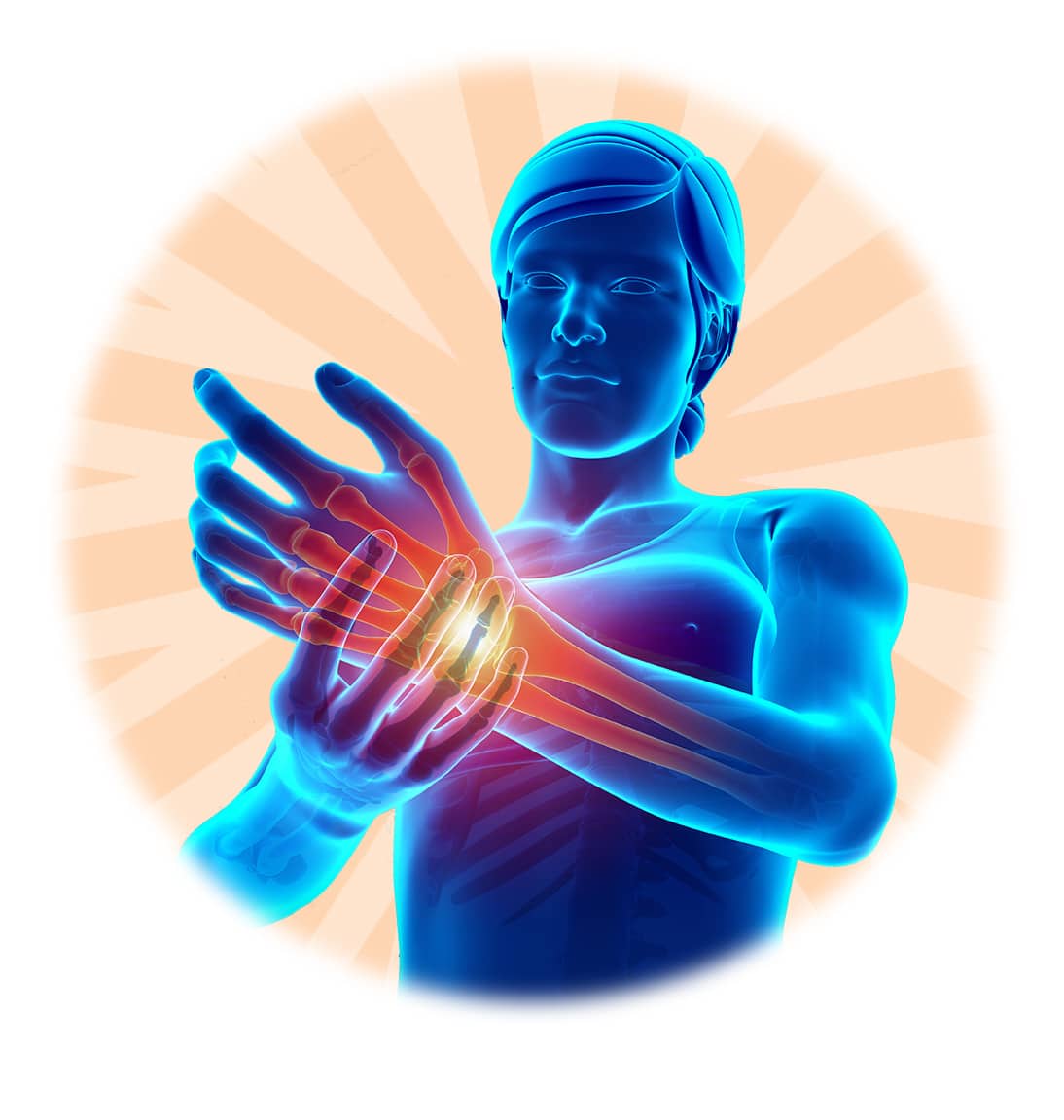Diabetic Peripheral Neuropathy Pain Management Specialists
Diabetic Peripheral Neuropathy
Condition Overview
Living with diabetic peripheral neuropathy can be challenging, but finding the right treatment makes all the difference.
Diabetic neuropathic pain results from damaged nerves and can feel like sharp pain, burning, tingling or numbness in the hands, arms, legs and feet. It’s caused by prolonged exposure to high blood glucose levels that damage the nerves.
At Nura, our doctors offer tailored treatment plans for all types of diabetic neuropathy, including peripheral, focal, autonomic and proximal.
Videos
Learn more about diabetic neuropathy
Symptoms of Diabetic Peripheral Neuropathy
Diabetic peripheral neuropathy is a common complication of diabetes that affects the nerves in your extremities, leading to a variety of uncomfortable symptoms. Recognizing these signs early can help you seek treatment and manage the condition’s impact on your daily life. Symptoms may include:
- Numbness
- Tingling or burning sensations, often worse at night
- Reduced ability to feel foot pain, which can result in unnoticed injuries
- Pain triggered by movement or light touch (allodynia)
- Weakness in the affected areas

Diagnosis of Diabetic Neuropathy
Whether you’re facing peripheral, focal, autonomic or proximal diabetic neuropathy, evaluation from one of our doctors will be necessary. Our tests consider your pain symptoms and medical history alongside a physical exam. During this examination, we assess various factors such as muscle strength, muscle tone, sensitivity to touch, deep tendon reflexes, temperature perception and vibration sensation.
These tests are crucial in accurately diagnosing the type and severity of diabetic neuropathy you may have, enabling us to develop a personalized treatment plan to effectively manage your symptoms and enhance your overall well-being.
Treatment Options for Diabetic Neuropathy
While there is no cure for the condition, early diagnosis by a specialist and pain management treatments for diabetic neuropathy — peripheral or otherwise — offers the best chance of controlling the pain.
You can help slow nerve damage by keeping blood pressure and glucose levels under control, maintaining a healthy diet, getting plenty of physical activity and avoiding alcohol or smoking.
Symptoms can be reduced or eliminated using:

Real people, real stories
My quality of life went from 10% to 150%.
Nearly 10 years ago, while she was being treated for a herniated disk, Rachel Saum’s life took a dramatic change for the worse.
The doctor who was treating her accidentally injected dye directly into Rachel’s spinal column. The dye destroyed a critical membrane and caused the onset of an extremely rare, incredibly painful condition.
Read More
Find Pain Relief
Schedule an appointment with one of our pain specialists by filling out our appointment request form or giving us a call at 763-537-6000.
